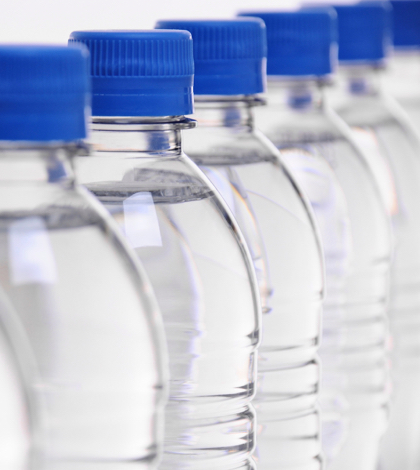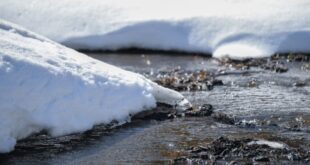Companies who bottle water are now being targeted due to the drought in California. Over 111 companies, including Nestle, Walmart and Cocoa Cola, bottle their water in California. When Governor Jerry Brown implemented the state’s first-ever mandatory water-use cuts in urban areas, the agricultural sector and industry were largely exempt from the new guidelines.
“The bottom line is that we don’t see bottling the public’s water and selling it back to them as especially useful during a drought like this,” Adam Scow, the California director of Food and Water Watch, told CBC News.
Petitions have circulated by opposition groups to prohibit Nestle from bottling water while California remains in a drought. That petition has gained more than 160,000 signatures, while a similar petition against Walmart has gained more than 45,000 signatures.
These companies are bottling water utilizing public resources like groundwater, spring water, and tap water. Those who are concerned about the drought in California say the lack of regulations and government oversight allow these corporations to take advantage of water supplies.
In a recent NASA analysis, satellite data discovered the state has a little less than a year of water remaining in its reservoirs and groundwater is being depleted quicker than it can be replenished. The drought in California has also been severely amplified by the lack of snow pack and unusually high temperatures.
According to public policy experts, the drought in California can be traced to the state’s water management. The state fails to consistently measure groundwater or regulate its use. The lack of consistency in data makes it hard for public policy experts, water experts and legislators to know how serious the drought in California truly is.
“Our approach has been mostly reactionary to whatever crisis is at hand,” Caitrin Chappelle, associate director at the Public Policy Institute of California (PPIC), a nonpartisan think tank, told CBC News. “But you can’t manage what you don’t measure.”
One of the biggest concerns water experts see – the San Joaquin Valley farmers turning to the limited supply of groundwater to keep their crops afloat. Over 70 percent of the water they use comes from groundwater because of the lack of surface water.
Although Central Valley farmers are seeing cuts to their water supply, it is not nearly as drastic as the new water restrictions for other sectors. Instead of citing farming in the San Joaquin Valley as a source of concern, opponents of bottled water are placing blame on large water bottling companies as the source of California’s drought.
 California Water News Daily Your Source For Water News in California
California Water News Daily Your Source For Water News in California


